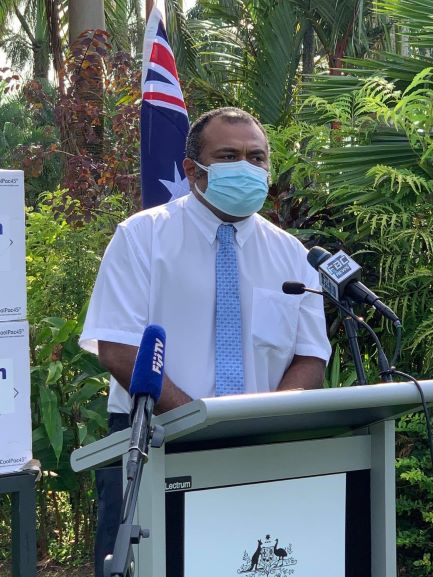When I suggested to a friend on Facebook that we should host a live session on the social media platform about COVID-19 and vaccinations, I absolutely had no idea what we were getting into. Seven days later and three live sessions smarter, we’ve learnt a lot about the value of speaking with people in our own languages and dialects and tapping into the experience of trusted professionals from our own communities, including our diaspora.
A colleague remarked later that we had started a virtual information revolution of sorts. Some 17,000 watched our second Q . . .
Please Subscribe to view full content...
